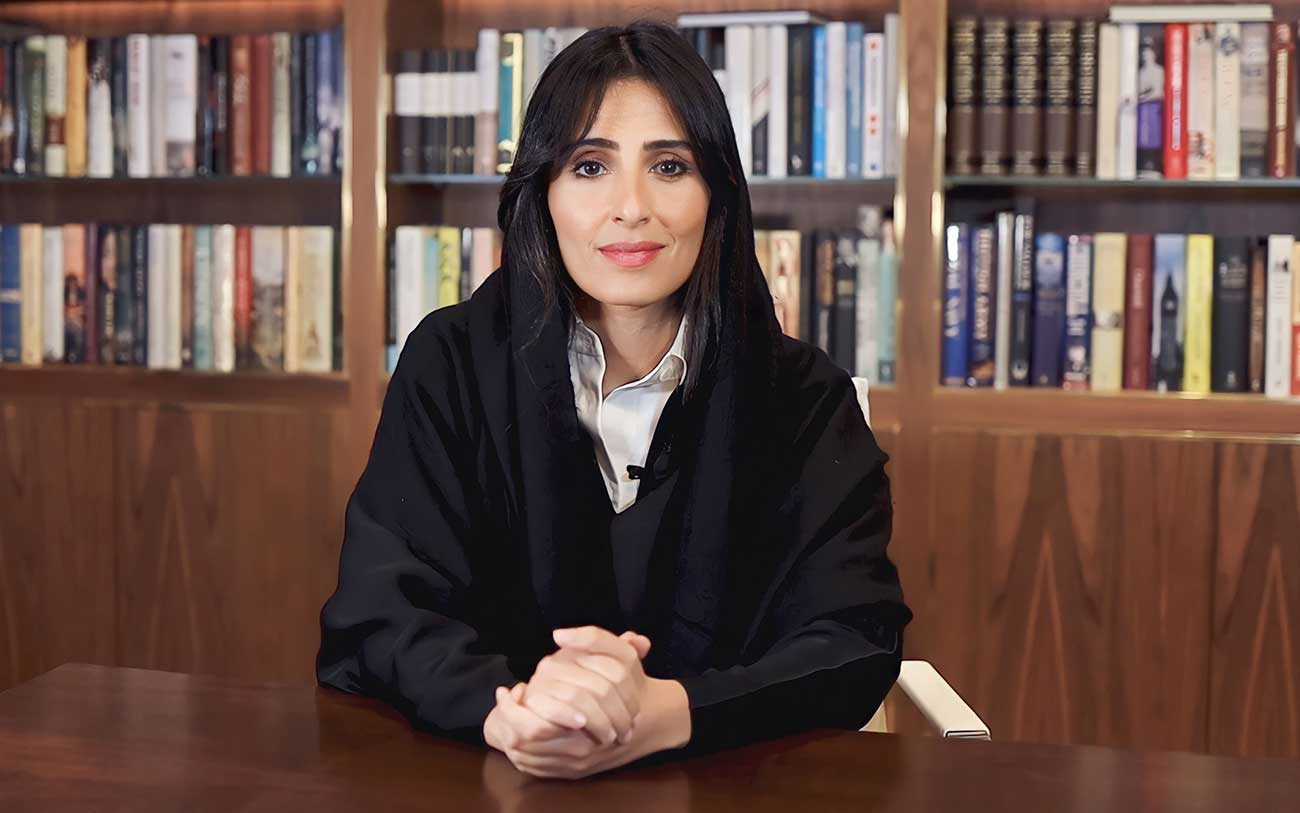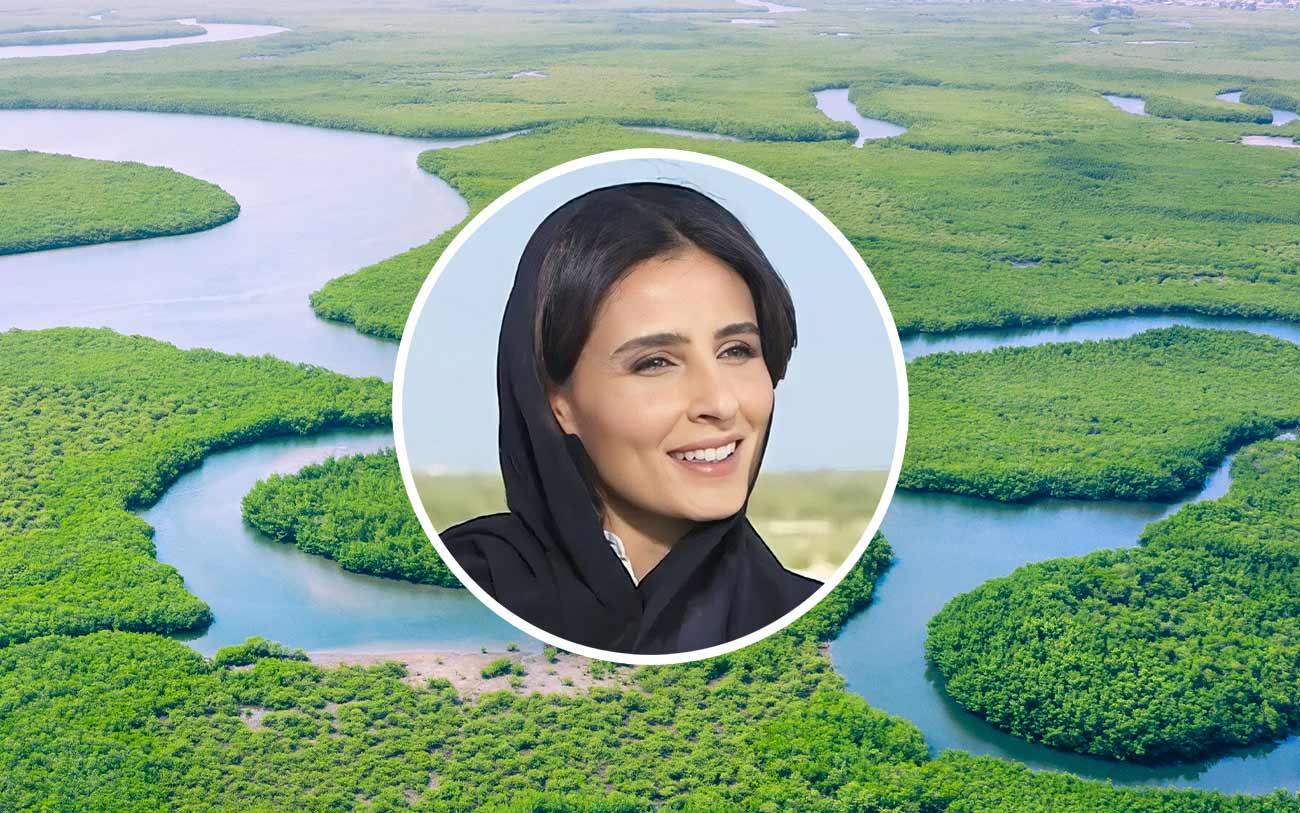Today, on the occasion of Emirati Women’s Day, Razan al Mubarak published an op-ed in The National addressing the significance of women’s contributions to Emirati society. Women are not merely central to the fields of conservation and climate change; they are integral pillars across all sectors of society, whether as scientists, creatives, leaders, or mothers.
Mrs. Al Mubarak wrote:
“Today, more than half of the UAE's university degrees in science, technology, engineering, and mathematics are awarded to women. Four of our primary environmental agencies and organizations are led by women. Women make up half of the Federal National Council, our country's advisory legislature, and one-third of the Cabinet. Additionally, according to the World Economic Forum, the UAE ranks in the top three globally for wage equity.”
Writing about her priorities ahead of COP28, Mrs. Al Mubarak will focus on a two-pronged approach: highlighting the critical relationship between our natural environment and climate change; and making all efforts more inclusive, with an emphasis on empowering women and girls as leaders in climate action.
“I am grateful to the IUCN members for entrusting me with this significant responsibility as the first Arab woman president in its history. I am equally thankful for the opportunities provided to me at home, which have enabled me to find my footing and make my voice heard. At the upcoming COP28 in the UAE, I am proud that many women will represent our country, including negotiators and organizers. I am also humbled that two women will represent the Presidency: myself, as the UN Climate Change High Level Champion for COP28, and Her Excellency Shamma Al Mazrui, as our Youth Climate Champion.”
Calling for more women’s voices to be nurtured and heard at all levels of decision making, Mrs. Al Mubarak vowed to ensure that women and girls are given the space to drive action at the summit, platforming the myriad ways that gender intersects with climate change across finance, fragility, and the just energy transition.

